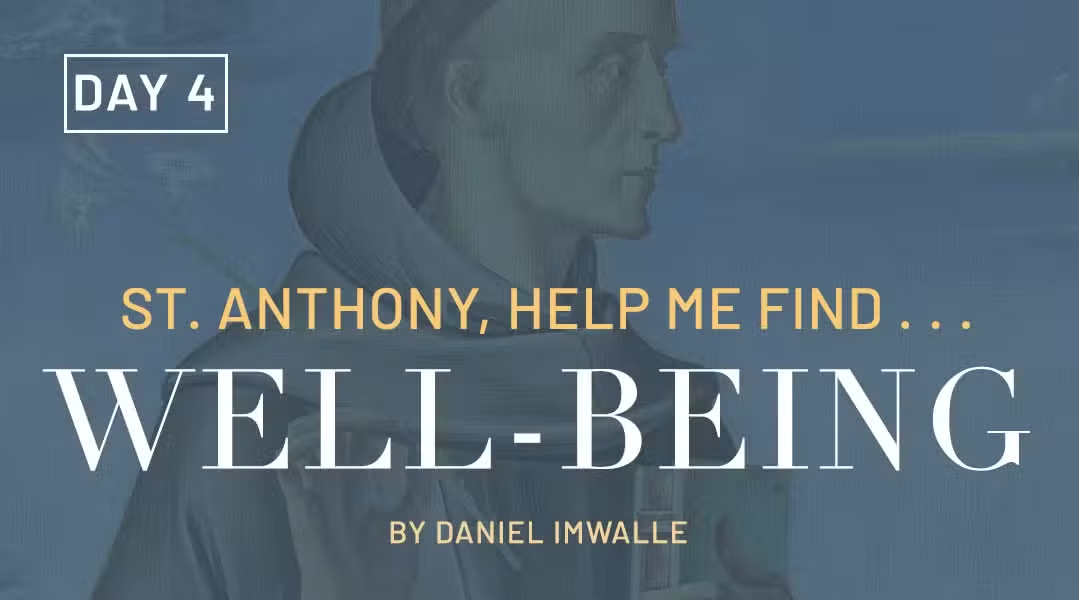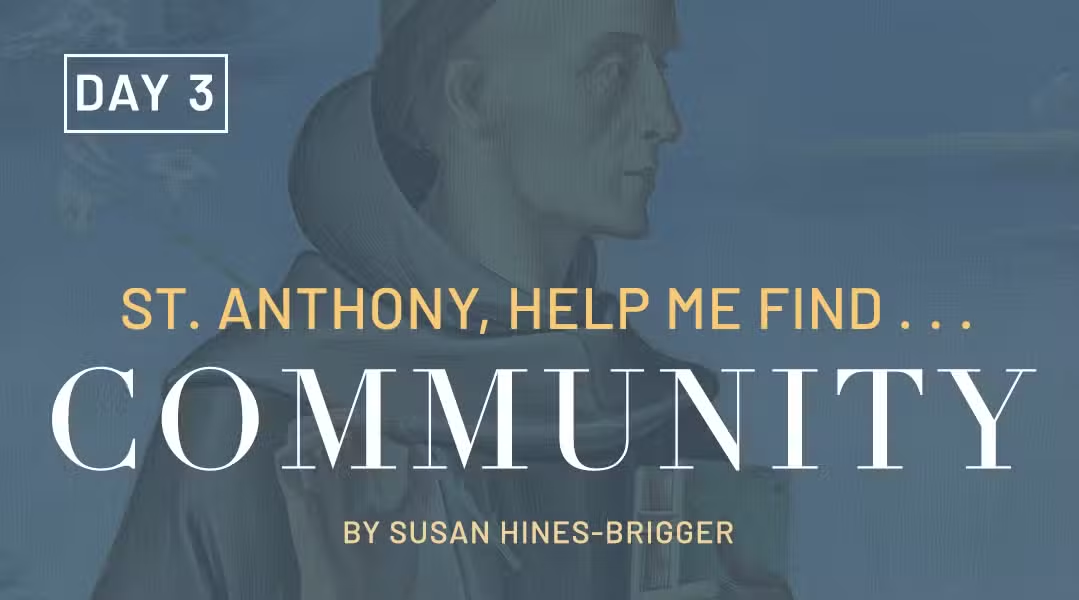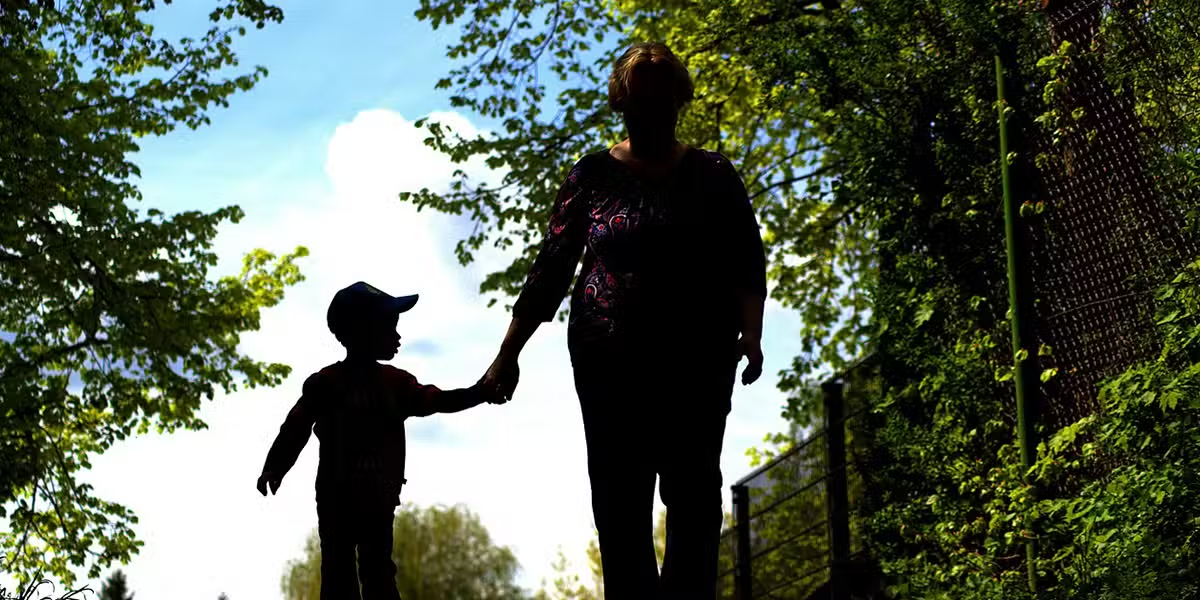
St. Anthony, Help Me Find…Beauty
Stephen Copeland
June 13, 2025
St. Anthony of Padua, that Hammer of Heretics, serves as a model to me that I am to preach against any dualism within myself that blocks an openness to beauty.
Read More →
St. Anthony, Help Me Find…Well-Being
Daniel Imwalle
June 12, 2025
Life can often feel like, in St. Anthony’s words, “choppy water,” and we can indeed lose our sense of bearing when things get chaotic or even hostile.
Read More →
St. Anthony, Help Me Find…Community
Susan Hines-Brigger
June 11, 2025
One of my favorite stories of St. Anthony is the one about how, during the final years of his life, the friars built Anthony a treehouse in a large walnut tree not far from the friary.
Read More →
St. Anthony, Help Me Find…Stability
Christopher Heffron
June 10, 2025
Anthony can, through meditation and prayer, help us find a sense of calm long enough to hear God’s voice.
Read More →
St. Anthony, Help Me Find…Peace
Darleen Pryds, PhD
June 9, 2025
St. Anthony’s peaceful way of being still impresses after 800 years.
Read More →
Carlo Acutis and the Gift of Presence
Darleen Pryds, PhD
May 2, 2025
“Life is what happens to you while you’re busy making other plans.” Often attributed to John Lennon, this quote from American journalist Allen Saunders speaks to me especially this week of April 21, 2025, as I write this piece...
Read More →
Easter and the Unexpected: St. Francis and Pope Francis
Rebecca Freeman
April 30, 2025
Easter is certainly a time of the unexpected, the wonder of what was, is, and will be forever. I recently recalled a story from my maternal aunt. She had a home with a beautiful agrarian space, complete with a natural creek ...
Read More →
Sign Up for Our Daily Newsletter
Includes Saint of the Day, Minute Meditations, and Pause + Pray.












